- 25 percent vaccine stock for Private Hospitals
- States / UTs need not place indent with companies
- Service charge in Pvt. Hospitals fixed at Rs. 150
New Delhi: Laying to rest all unnecessary confusion and controversies surrounding vaccine procurement and inoculation of people in the category of 18 to 44 years, Prime Minister Narendra Modi has announced free vaccination for that age group starting from June 21, International Yoga Day.
Addressing the nation yesterday, he said “Today, it has been decided that the Centre will take over the 25 percent vaccination procurement handed over to States earlier. From June 21, which is also International Yoga Day, the Central Government will give Covid-19 vaccines to all States. This means that the Centre will procure 75 percent of all vaccines produced in India and supply them to adults free of cost. No State Government will have to spend anything on vaccines. Many people are spreading misinformation about vaccines but youngsters must counter vaccine hesitancy by spreading awareness.”
The PM said that those who do not want free vaccines can get them at Private Hospitals. According to the revised vaccine policy, Private Hospitals will still be able to buy 25 percent of all vaccines produced in India directly from the manufacturers. Apart from the cost of the vaccine, they will not be allowed to charge more than Rs. 150 per dose. State Governments will be responsible for monitoring the same, he said.
Underlining the Government’s efforts to scale up vaccine procurement and improve the pace of vaccinations, the PM said, “India will defeat Corona. Our battle with the second wave still continues. The virus is like an ‘invisible and form-changing enemy.’ Covid protocols are still the most important weapon in fighting this enemy,” he said.
Biggest pandemic
Modi went on to add that Covid-19 is the biggest pandemic the advanced world has faced in the last 100 years. A new healthcare infrastructure was set up to counter the pandemic such as construction of Covid hospitals and expansion of network of testing labs. The demand for liquid medical oxygen rose in April-May like never seen before in India’s history. This work was done on “war footing” to address this shortage and all arms of the Central Government, including Railways and Air Force were put to work for this purpose, he said.
Covid vaccine policy
He said the Government had started working on logistics even as scientists were working on Covid-19 vaccines in 2020. A National Vaccine Task Force was constituted last year. The Government extended all possible support to vaccine-makers. They were helped in clinical trials and funds were given to them for Research and Development (R&D). The vaccine supply in India is set to increase. Seven companies are producing different vaccines and another three vaccines are in the advanced stage of clinical trials. Procurement of vaccines from other countries has also picked up pace. Some experts have expressed concerns about children but already two trials for Covid-19 vaccines for children are also underway. “Research is underway on a nasal vaccine. If we get success, it will considerably improve the pace of vaccinations,” he noted.
Centre-State procurement
Referring to India’s vaccine policy, Modi said the World Health Organisation (WHO) issued guidelines, scientists laid down a framework and India took note of best practices followed by other countries. Suggestions were sought from Chief Ministers and Parliamentary parties and it was decided that healthcare workers, frontline workers and vulnerable groups would be given priority. “What would have happened if nursing staff, ambulance staff, hospital cleaners had not been vaccinated? It was only because they were vaccinated that they were able to save the lives of countless Indians. Questions were asked about why State Governments had not been given any powers. One size does not fit all. This is why localised lockdowns were permitted,” the PM added.



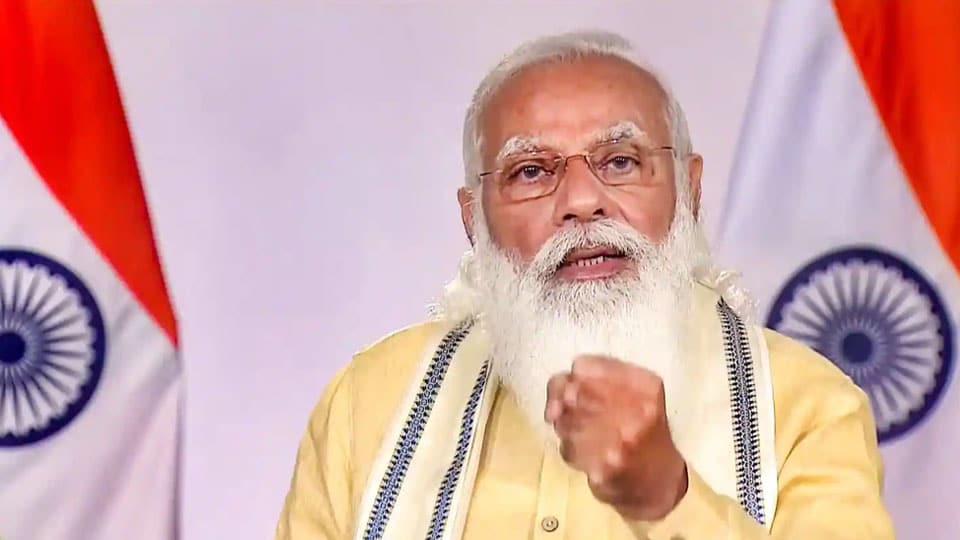
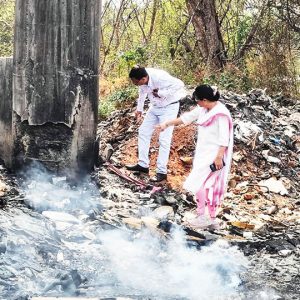
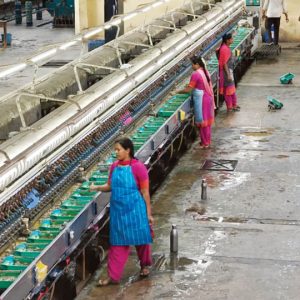
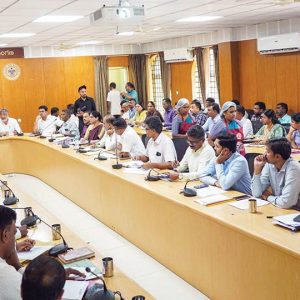
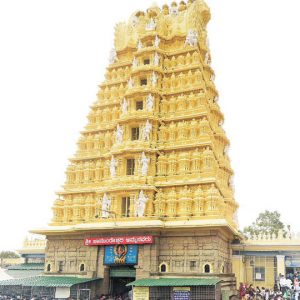
Recent Comments